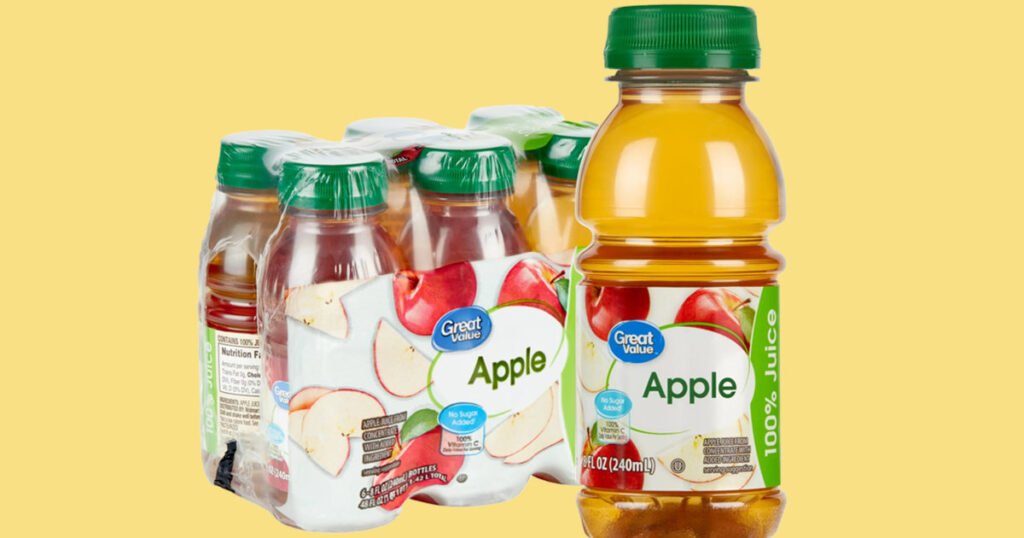An apple juice recall affecting 133,500 cases of products sold at various retailers nationwide, including Walmart, Walgreen’s, and Aldi, has been initiated by Refresco Beverages Inc. due to potential arsenic contamination. Arsenic is a heavy metal that can lead to adverse health effects. The recall was issued by the U.S. Food and Drug Administration in August, with additional brands being added later. The specific products affected include apple juice from various brands such as Great Value, Nice!, Market Basket, Weis, and Lidl US, sold in 26 states, D.C., and Puerto Rico.
The potential presence of arsenic in apple juice can be attributed to the natural occurrence of the toxin in soil and water, which can then be absorbed by plants such as apple trees. Additionally, past agricultural practices, including the use of arsenic-containing chemicals on orchards, may have contributed to the presence of arsenic in apple juice. Furthermore, certain human activities can also introduce arsenic into the soil, leading to contamination of crops. This recall highlights the importance of monitoring and ensuring food safety standards to prevent harmful substances from reaching consumers.
Inorganic arsenic, the type of arsenic involved in the apple juice recall, is a toxic heavy metal that is more harmful than its organic counterpart. Inorganic arsenic is recognized as a carcinogen by the World Health Organization and can pose serious health risks if consumed in large amounts. Symptoms of arsenic poisoning from contaminated apple juice may include vomiting, diarrhea, stomach pain, and muscle cramping, with higher exposure levels posing greater risks, particularly for children. Adverse effects of arsenic exposure in children may also include learning disabilities, lower IQ levels, and behavioral issues.
Retailers have responded to the recall by removing the affected products from their shelves and working with suppliers to investigate the source of contamination. The ongoing efforts to address the issue and ensure consumer safety are crucial in preventing further harm. Consumers in the affected states and regions are advised to check the list of recalled products and dispose of or return any items that are part of the recall. Close monitoring of food production processes and strict quality control measures are essential in preventing similar incidents in the future and maintaining public health and safety standards.
The significance of the apple juice recall extends beyond the immediate health risks associated with arsenic contamination, highlighting the importance of transparency and accountability in food production and distribution. Consumers have the right to access safe and high-quality food products, and it is essential for companies to prioritize consumer safety by implementing rigorous quality control measures. Government agencies such as the FDA play a critical role in enforcing food safety regulations and initiating recalls when necessary to protect public health. By raising awareness about potential risks and taking swift action to address them, stakeholders across the food industry can work together to ensure the safety and well-being of consumers.











